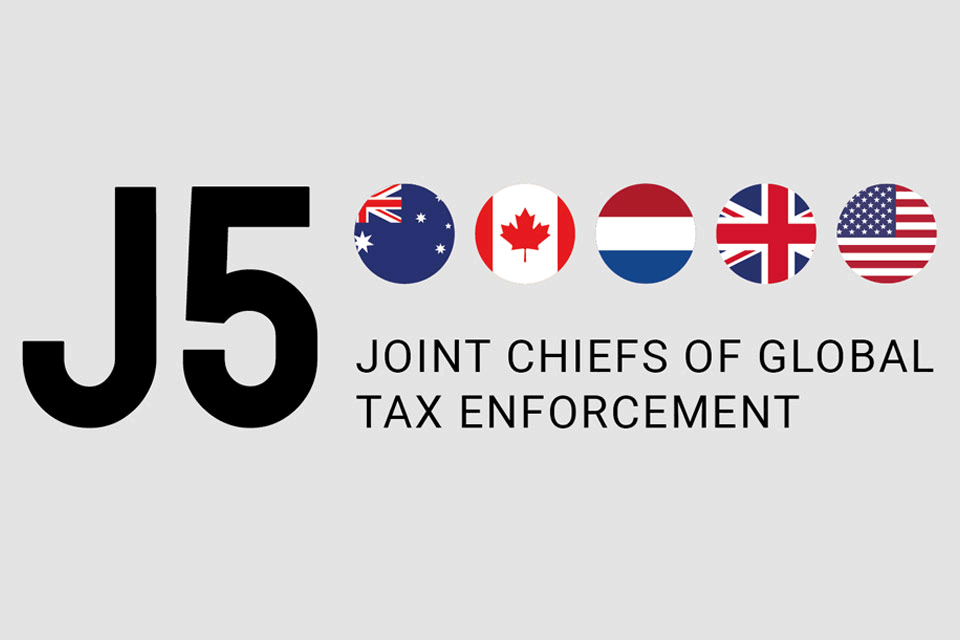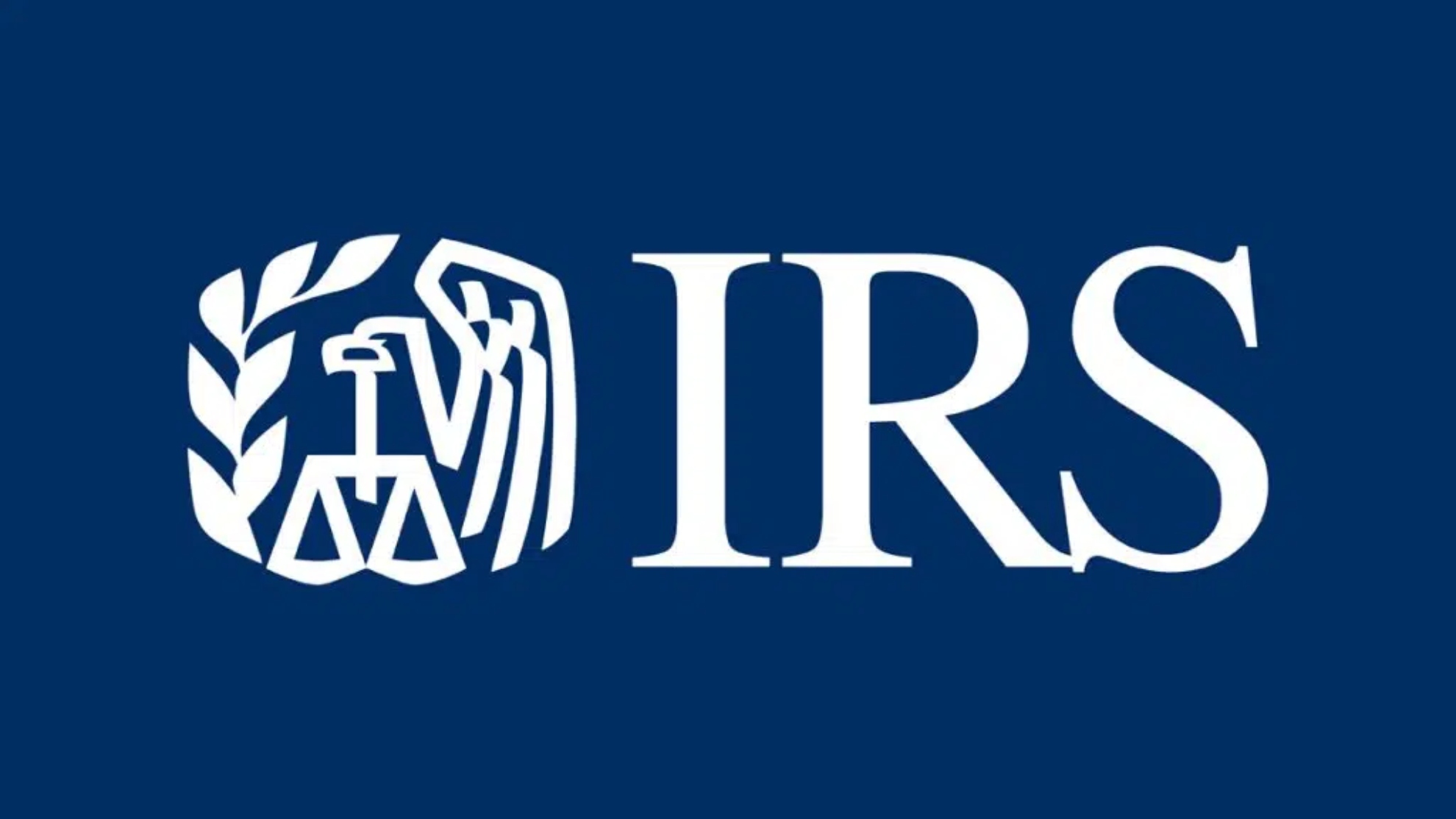On 19 March 2020, the US Senate Finance Committee submitted proposals for the third round of legislative measures in response to the economic impact of the coronavirus disease (COVID-19) pandemic. The Coronavirus Aid, Relief, and Economic Security (CARES) Act would introduce tax and non-tax measures for individuals and businesses. The CARES Act passed the Senate on 25 March after modification of several provisions to the Bill originally presented. On 27 March 2020, President Trump signed into law following House passage via voice vote earlier in the day. The CARES Act includes the following tax measures.
- The federal income tax filing due date is automatically extended from April 15, 2020, to July 15, 2020.
- In Bill form, there was provision for taxpayers to defer federal income tax payments due on April 15, 2020, to July 15, 2020, without penalties and interest, regardless of the amount owed. However, this did not pass and relief is to be provided by the IRS based on current law and within their administrative authority. Many state governments also are providing relief from certain state tax payment and filing requirements to individuals and businesses.
- Employee retention credit – a new temporary refundable 50% employee retention credit for employers subject to full or partial business suspension due to the COVID-19 emergency, or for employers whose gross receipts have significantly declined due to COVID-19 (defined as a reduction in gross receipts of more than 50% when compared to the same quarter in the prior year). The credit is to be applied against the employer’s share of payroll taxes. The amount of qualified compensation (including health benefits) eligible for the credit with respect to any individual employee is limited to $10,000, and the credit is limited to applicable employment taxes on wages paid (reduced by the payroll Work Opportunity Tax Credit, the payroll research credit, and the payroll tax credits under the Families First Coronavirus Response Act). Any excess payments will be refunded.
- Small and midsize employers can begin taking advantage of two new refundable payroll tax credits, designed to immediately and fully reimburse them, dollar-for-dollar, for the cost of
- Providing Coronavirus-related leave to their employees:
- This applies for an employee who is unable to work because of Coronavirus quarantine or self-quarantine or has Coronavirus symptoms and is seeking a medical diagnosis
- Eligible employers may receive a refundable sick leave credit for sick leave at the employee’s regular rate of pay, up to $511 per day and $5,110 in the aggregate, for a total of 10 days;
- Providing Coronavirus-related care by an employee
- Who is caring for someone with Coronavirus, or is caring for a child because the child’s school or child care facility is closed, or the child care provider is unavailable due to the Coronavirus,
- Eligible employers may claim a credit for two-thirds of the employee’s regular rate of pay, up to $200 per day and $2,000 in the aggregate, for up to 10 days.
- In addition an employee who is unable to work because of a need to care for a child whose school or child care facility is closed or whose child care provider is unavailable due to the Coronavirus, eligible employers may receive a refundable child care leave credit. This credit is equal to two-thirds of the employee’s regular pay, capped at $200 per day or $10,000 in the aggregate.
- Providing Coronavirus-related leave to their employees:
- Payroll tax deferrals delay payment of applicable 2020 employer payroll taxes from date of enactment through December 31, 2020. Half of the deferred tax is to be paid by December 31, 2021, and the remainder by December 31, 2022. Payroll taxes that can be deferred include the employer portion of FICA taxes, the employer and employee representative portion of Railroad Retirement taxes (that are attributable to the employer FICA rate), and half of SECA tax liability.
- Alcohol excise taxes – Suspends certain alcohol excise taxes for distilled spirits used in the production of hand sanitizer produced in line with guidance issued by the Food and Drug Administration, from January 1, 2020 through December 31, 2020.
- US Senate (S.B. 3548) has enacted other provisions to allow:
- Various net operating loss (NOL) changes (five-year NOL carryback for 2018, 2019 or 2020 losses, temporary removal of 80% NOL limitation, and modification of pass-thru loss limitation);
- Acceleration of corporate AMT (Alternate Minimum Tax) credit refunds;
- Various Section 163(j) changes, including increasing the 30% interest deduction limitation to 50% for 2019 and 2020;
- Technical corrections to the 2017 tax reform act regarding qualified improvement property (QIP).
- Temporary suspension of certain aviation excise taxes to provide some relief to airlines
- Provide rebate checks of up to USD 1,200 for individual taxpayers with qualified household AGI $75,000 for a single filer and $150,000 for a joint filer, and is completely phased out after $99,000 for a single filer ($198,000 for a joint filer) with no children. Phase-out ranges are adjusted for each child on a filer’s return. Rebate checks will be issued by the IRS based on a taxpayer’s 2019 tax return if filed, or otherwise on their 2018 return. A Social Security benefit statement will be used for individuals who have not filed tax returns for either 2018 or 2019.















